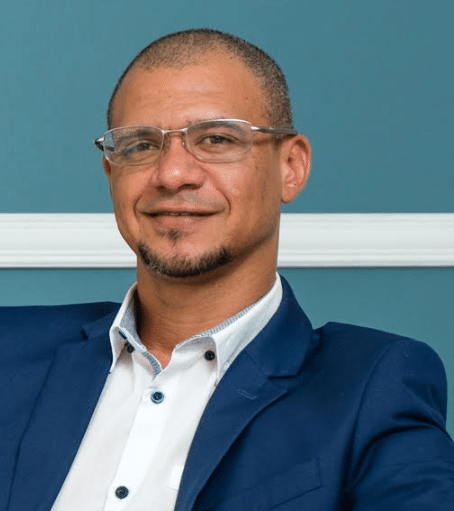Village Infrastructure Angels (VIA) exists to provide rural villages in developing countries with the infrastructure they need to reduce poverty and improve living standards. This includes helping people access electricity for the first time. Eseye, IoT M2M connectivity specialist, has helped VIA to use technology to open a new chapter on how pay-as-you-go solar technology can be applied in rural villages.
VIA turned to Eseye to deliver highly secure and reliable global cellular network data through its AnyNet Secure SIM. The AnyNet technology provides automatic routing onto up to 440 cellular operators in 190 countries and links seamlessly to the AWS Cloud. Smartly designed, technology, finance and IoT also has the capacity to supply power to an entire micro-energy infrastructure, including community assets such as mills.
Jeremy Potgieter, Eseye, Regional Head, SADC, says that the VIA project is an excellent example of what can be achieved in Africa, using the same approach: “Pay-as-you-go solar technology can be applied in several instances across Africa. We are excited to have such a valuable case study to use as a benchmark and example of the power of our technology solutions.”
These kinds of labour saving assets have the potential to free 300 million women worldwide from one hour each day in processing crops, fetching water and collecting firewood. Those collective 100 billion hours every year could be used to generate additional income or to give more attention to other activities such as children’s health and education.
“We are now able to measure the daily power generation from solar panels and the daily power consumption via customers. This gives us a complete understanding of whether the service is being over or under-utilised, so we can provision the system accordingly,” says Stewart Craine, Managing Director at Village Infrastructure Angels.
VIA, in partnership with the International Renewable Energy Agency (IRENA), and grant support of the GSMA Mobile for Development Utilities Innovation Fund began building projects in Vanuatu in the South Pacific – an area which is often overlooked due to its small size. The mission of the local government is to provide universal access to electricity and communication by 2020, and it relies on initiatives such as the projects built by VIA.
One such project is the development of solar agro-mills for the country’s main crops, which cannot be eaten without processing. Agro-milling enables women in the area to reduce manual labour through cleaner, simpler, safer and quieter solar-powered micro-milling technology. The mills are leased to local female entrepreneurs using pay-as-you-go financial technology to create an affordable finance package. A mill therefore not only serves the needs of the wider community, it also becomes the entrepreneur’s livelihood.
To deliver what the entrepreneur needs to run her business, it is essential that the system includes technology, which effectively measures the DC energy being consumed. Without this data, VIA cannot design the system to correctly charge the batteries to work for the length of time required. The system therefore needs connectivity – which is where the power of the Internet of Things (IoT) becomes imperative. Using a SIM card, the data can be automatically collected and sent directly to VIA.
Vanuatu has several mobile network operators. A SIM could therefore be used from any local operator, and if the device is being used in an area which has coverage, it will work. The problem however is that no one operator covers the whole area. This means entrepreneurs leasing mills cannot be assured of their connectivity. With Eseye’s help, VIA has used this valuable technology to open a new chapter on how pay-as-you-go solar technology can be applied in rural villages.
“Devices for any type of business need to be operational 100 percent of the time, without the concerns or barriers caused by data, roaming, billing, management, or support. For organisations such as Village Infrastructure Angels, which is working on projects that can change the lives of some of the most deprived people in the world, this becomes critical,” says Paul Marshall, Chief Customer Officer, from Eseye.
The SIM’s enhanced features also enable IoT devices to remotely and securely activate, provision, authenticate and certify devices or ‘things’, in field, over-the-air. Integration with AWS Cloud Services, further simplifies project set up and deployment by reducing the need for investment in specialist inhouse infrastructure and development resources. By adding AWS’ software tools and cloud the business establishes the means to simply and quickly analyse data and to scale instantly and securely, on demand.
“Eseye was tested amongst 15 suppliers – from the UK, to as far afield as Finland, Australia and China. We chose Eseye because it not only had the technical performance, but it was also cost effective. With the Eseye AnyNet solution, all that is required is one single SIM and connectivity to any network is available. This is especially important as we start to deploy the technology in other areas of the world,” concludes Craine.


